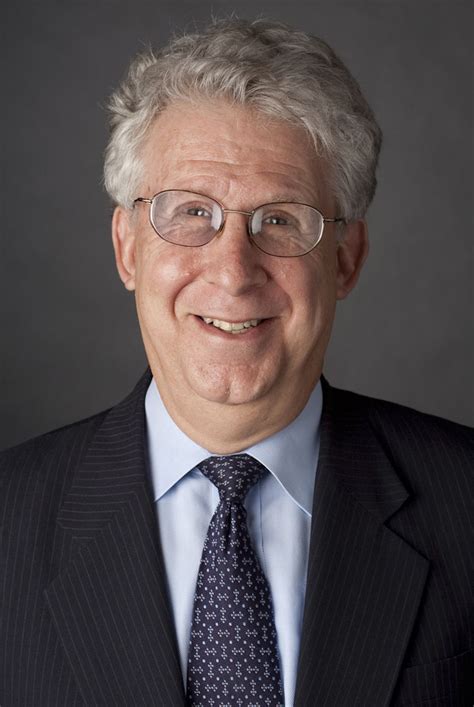A Quote by David Blunkett
Strengthening our identity is one way of reinforcing people's confidence and sense of citizenship and well-being.
Quote Topics
Related Quotes
The identity of just one thing, the "clash of civilization" view that you're a Muslim or a Hindu or a Buddhist or a Christian, I think that's such a limited way of seeing humanity, and schools have the opportunity to bring out the fact that we have hundreds of identities. We have our national identity. We have our cultural identity, linguistic identity, religious identity. Yes, cultural identity, professional identity, all kinds of ways.
All over the world today people have a very strong desire to find a sense of identity, and at the same time that's coupled with the rise of absolutely absurd wars that relate to ethnic identity. Perhaps there is something deeply ingrained in people that relates to a sense of belonging, and without that, identity doesn't seem as real as it should.
Being part of The L Word made me realize how much more television can be that what I had experienced in my lifetime in terms of being able to be of service to people. I had so many fans come up to me who were really deeply appreciative of the show and what it had meant for them and their own sense of identity and their own sense of inclusion in our society and in our culture.
In the Christian sense, love is not primarily an emotion but an act of the will. When Jesus tells us to love our neighbors, he is not telling us to love them in the sense of responding to them with a cozy emotional feeling. You can as well produce a cozy emotional feeling as you can a cough or sneeze. On the contrary, he is telling us to love our neighbors in the sense of being willing to work for their well-being even if it means sacrificing our well-being to that end.
If a man has a sense of identity that does not depend on being shored up by someone else, it cannot be eroded by someone else. If a woman has a sense of identity that does not depend on finding that identity in someone else, she cannot lose her identity in someone else. And so we return to the central fact: it is necessary to be.

































